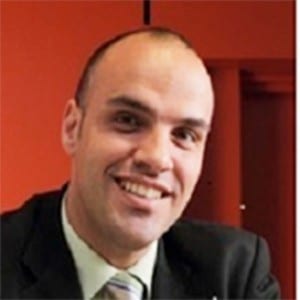
Professor Adam Guastella | Clinical Psychologist and Principle Research Fellow at the Brain & Mind Research Institute, Sydney, Australia
Professor Guastella's primary interest is in developing novel treatments to improve social functioning in young patients with mental health problems. This research has led him to study (theory of mind) social cognition and social anxiety in patients presenting with a range of mental illnesses (anxiety, autism, psychosis, substance dependence). It also led expansion into psychopharmacology and psychophysiology, for both of which he manages related laboratories as part of this research. Dr Guastella conducted some of the first clinical treatment trials of medications that are thought to facilitate learning to overcome fear in humans. Consisting of both experimental investigation of fear-extinction in humans and large clinical treatment trials for phobia, social anxiety, panic disorder, and obsessive-compulsive disorder, these trials have shown that the administration of a simple, low-cost antibiotic before psychological therapy enhances treatment outcomes for anxiety. This has the potential to revolutionize how mental health professionals treat anxiety disorders in the community.

Assistant Professor Asya Rolls | Rappaport School of Medicine, Technion, Israel Institute of Technology, Rehovot, Israel
Asya's interest in sleep research originates in the question of how the body and especially the CNS achieve balance. She first asked this question as a graduate student at the Weizmann Institute in Israel where she studied how the immune system regulates CNS plasticity. As a postdoc at the de Lecea lab, Asya researches how sleep as a physiological state affects re-organization, restoration, and plasticity in the CNS and in the periphery. She attempts to address these questions at multiple levels of analysis from molecules to behavior, combining her training in molecular and cell biology, along with neuronal circuit dissection using optogenetics, electrophysiological analysis of sleep, and behavioral models of learning and memory.

Professor Cindi Shannon Weickert | Macquarie Group Foundation Chair of Schizophrenia Research, Department of Psychiatry, UNSW, Australia
Cyndi's research is focused on the molecular developmental neurobiology of schizophrenia. She earned a PhD in Biomedical Science at Mount Sinai School of Medicine, New York City and completed postdoctoral training at the National Institute of Mental Health rising to the level of Unit Chief of Molecules in the Neurobiology and Development of Schizophrenia Unit. Her awards include the Eli Lilly Young Investigator Award, NIH Fellows Award for Research Excellence, Independent Investigator Award and two Young Investigator Awards from NARSD. She has lectured throughout the world and contributed to over 60 publications. She is recognized as a leader in molecular human cortical development and her papers are the most numerous in the field. Her work has broad impact outside psychiatry including examining molecular mechanisms by which hormones and growth factors cooperate to control gene expression and experimental examination of how sex hormones impact social development of primates in adolescence.
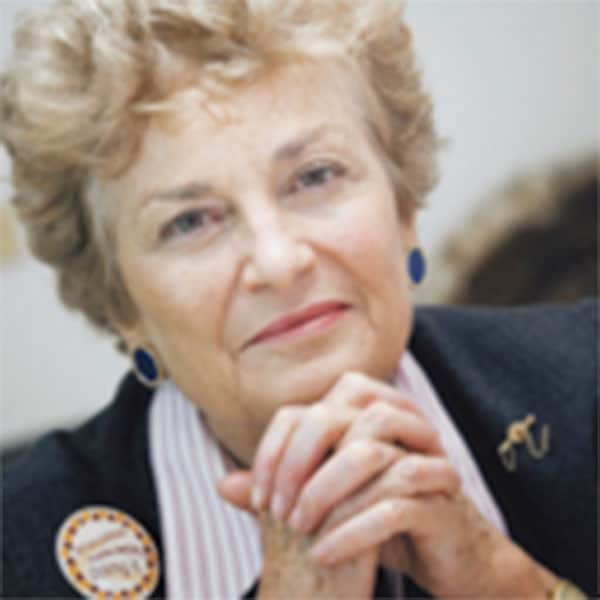
Professor Fiona Stanley | AC FAA FASSA - Patron and the founding Director of the Telethon Institute for Child Health Research, Australia
Fiona Stanley is a Distinguished Research Professor in the School of Paediatrics and Child Health at the University of Western Australia, a Vice-Chancellor’s Fellow and Director of the 2013 Festival of Ideas at the University of Melbourne, and Chair of the Alcohol Advertising Review Board, an initiative of the McCusker Centre for Action on Alcohol and Youth. Professor Stanley has more than 350 published papers, books and book chapters, and is a former Australian of the Year.
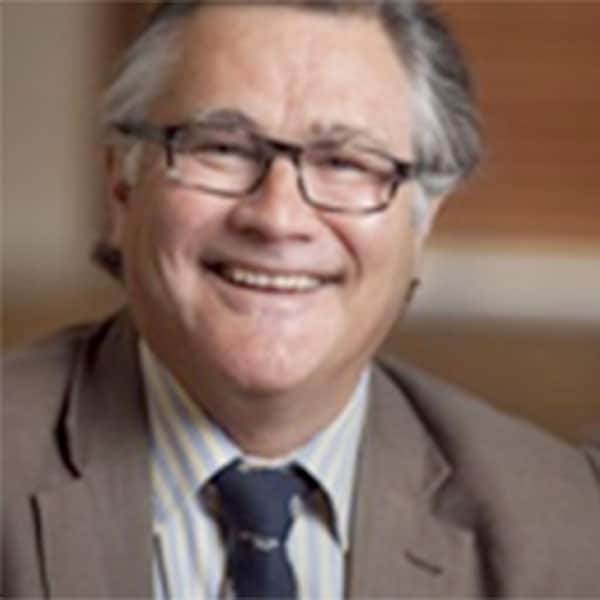
Professor Geoffrey Gallop | Director, School of Government, University of Sydney, Australia, and former Premier of Western Australia, with lived experience of deep depression
Professor Geoff Gallop was a member of the Western Australian Legislative Assembly from 1986 to 2006 and the Premier of Western Australia from 2001 to 2006, a position from he resigned following the onset of major depression.
He was a Minister in the Lawrence Labor Government from 1990 to 1993 (holding a range of portfolios most notably Education, Fuel and Energy and Minister Assisting the Treasurer) and when that Government was defeated in 1993 he took up a range of Shadow Ministerial appointments. In 1994 he was elected Deputy Leader of the State Parliamentary Labor Party and in 1996 he was elected Leader. In 2001 he was awarded a Commonwealth of Australia Centenary Medal and was honoured with Life Membership of the Association for the Blind (Western Australia). In 2003 he was elected a Fellow of the Institute of Public Administration Australia. In April 2006 he was admitted to the honorary degree of Doctor of Letters by Murdoch University and in March 2012 he was awarded the honorary degree of Doctor of Letters by the University of Western Australia. In 2008 he was made a Companion of the Order of Australia. He is currently Deputy Chair of the Council of Australian Governments (COAG) Reform Council, Chair of the Australia Awards Board and Member of the International Education Advisory Council.

Mr. Heath Black | Retired Australian Football League (AFL) footballer and community educator in suicide prevention, with lived experience of bipolar disorder
Heath Black is a retired AFL footballer who struggled with mental illness throughout his 12 year professional career. Originally from Victoria, he started as a 17-year old in 1997 with the Fremantle Dockers, moving to St Kilda for a stint and finishing his career at the Dockers in late 2008.
Towards the end of his football career he had a series of public misdemeanours, and spiralling out of control, Heath realised the full extent of his mental issues in 2009 following the failure of his marriage, lost job opportunities, several arrests and a growing dependence on alcohol. He was finally diagnosed with Bipolar II and ADHD type 6. Heath has spent the last 18 months getting his life back on track, but rather than sit back he has decided to use his profile and experience to try and help other men who may suffer from Bipolar, ADHD or other related mental conditions such as depression, anxiety, isolation and alcoholism.

Prof. Helen Christensen| Executive Director, Black Dog Institute, University of New South Wales (UNSW), Australia
Professor Helen Christensen completed her PhD in Psychology at the University of NSW in 1989, and undertook post-doctoral training at St Thomas’ Hospital, London. She is currently Executive Director, Black Dog Institute, University of New South Wales; Professor of Mental Health, University of New South Wales; Emeritus Professor, Australian National University; Director e-hub, Brain and Mind Research Institute, University of Sydney. Her research areas include early intervention and prevention of depression, anxiety, cognitive decline and suicide. She has developed a number of online psychological interventions for depression and anxiety and is published extensively.
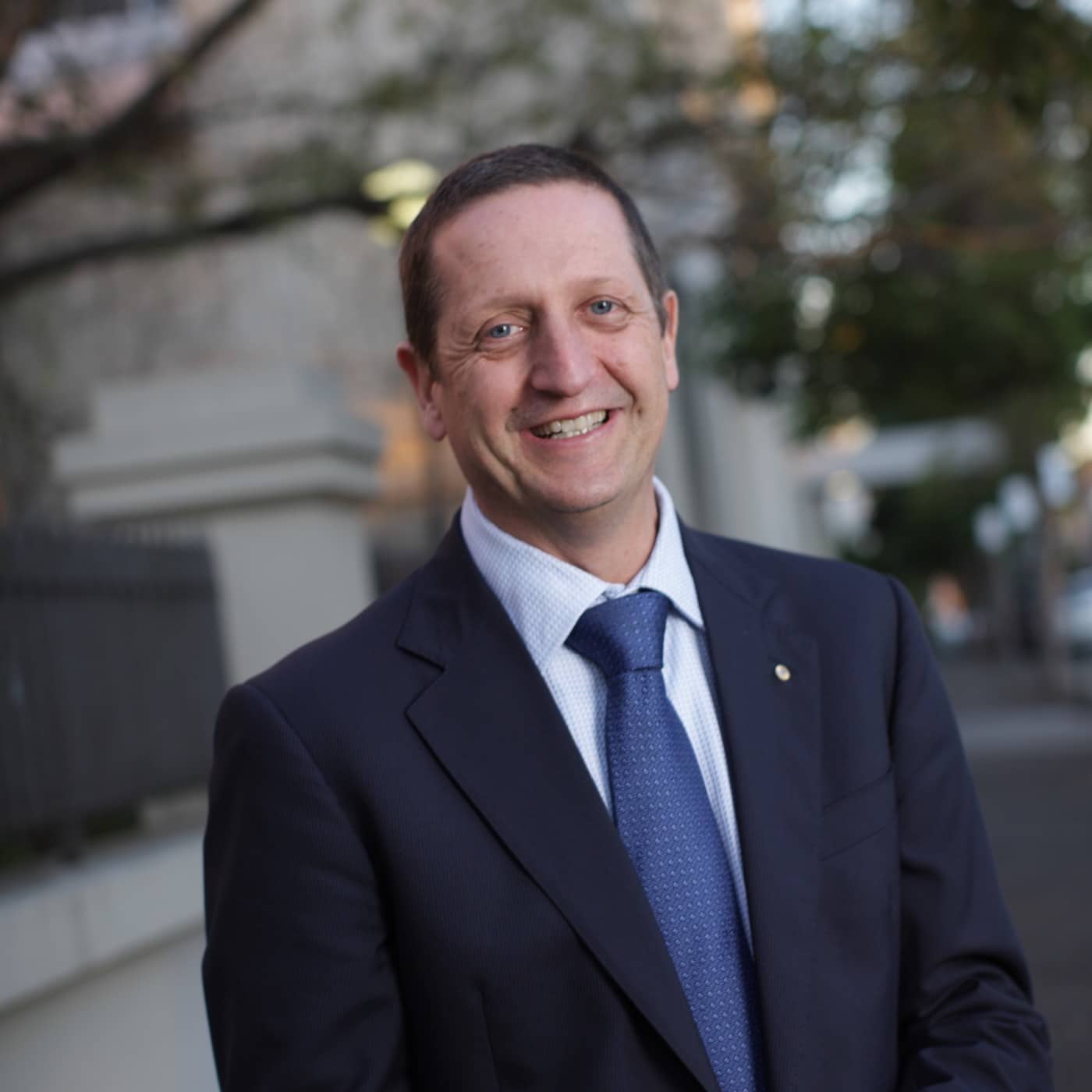
Scientific Coordinator: Professor Ian Hickie | Director of the Brain and Mind Research Institute, The University of Sydney
In 2003, Professor Hickie was appointed as the inaugural Executive Director of the flagship Brain & Mind Research Institute at The University of Sydney. Since then he has overseen its development as a major hub in translational neuroscience and clinical psychiatry. Prior to this, in October 2000 he was appointed as the inaugural CEO of beyondblue: the Australian national depression initiative and from 2003-06 served as its Clinical Advisor. In 2006, Professor Hickie received the Australian Honours Award of Member (AM) for services to medicine in the development of key national mental health initiatives and general practice services in both the public and non-government sectors. From 2006 he was a founding member of Headspace: the National Youth Mental Health Foundation. In 2007, Professor Hickie was elected as a Fellow of the Academy of the Social Sciences in Australia. From 2007-12, Professor Hickie was one of the first round of NHMRC Australian Research Fellows, recognising excellence in Australian Medical Research. From 2008-2010, he was appointed to the Federal Health Minister’s National Advisory Council on Mental Health and then in 2010 to 2011, the Federal Minister's Mental Health Expert Advisory Group. From 2012, Professor Hickie has been appointed as a Commissioner in the new National Mental Health Commission, to oversee enhanced accountability for mental health reform in Australia.

Associate Professor Itamar Kahn | Researching brain system organisation and neurodegeneration, Technion, Israel Institute of Technology, Rehovot, Israel
Assistant Professor Itamar Kahn of the Technion Ruth and Bruce Rappaport Faculty of Medicine, focuses his research on brain connectivity in health and disease. His work has applications for better understanding brain disorders including Alzheimer’s disease. Prof. Kahn received his Bachelor’s degree from Ben-Gurion University of the Negev in Mathematics and Computer Science. He received his Doctorate at Massachusetts Institute of Technology (MIT) in 2005 in Brain and Cognitive Sciences, was a visiting scholar at Stanford University in 2004-2005 while completing his PhD and then went on to become a post-doctoral associate at the Howard Hughes Medical Institute at Harvard University from 2006-2010. Prof. Kahn's research is funded by the European Union, Israel Science Foundation, Israel Ministry of Science and Technology and the American Federation for Aging Research. Prof. Kahn is also an elected board member of the Israeli Society for Neuroscience and a member of several professional societies including the Society for Neuroscience and the American Physiological Society.

Dr. Jennifer Bowers | CEO, Australian Centre for Rural and Remote Mental Health
Jennifer’s achievements in healthcare are widely respected in the mental health community both in Australia and internationally. As a leader in the government mental health sector, she has been the Executive Officer at The Park Centre for Mental Health in Queensland and Chief Executive Officer of South Australian Mental Health Services. Jennifer was a finalist in the Telstra Business Women’s Awards for Innovation in 2010 and is a Fellow of the Australian Institute of Company Directors.
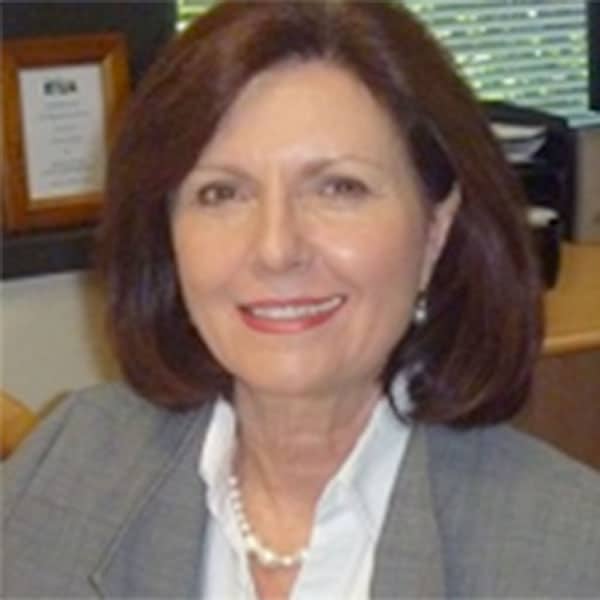
Ms. Jenny Allen | CEO, Youth Focus, and Board Member of Ministerial Council on Suicide Prevention, Australia
Jenny has been the Chief Executive Officer of Youth Focus Inc. since 2000. She is Executive Director of the Youth Focus Board, as well as the only Western Australian on the Board of Suicide Prevention Australia, the national peak body for suicide prevention. In recognition of her commitment and outstanding contribution in changing the lives of vulnerable young people in the Western Australian community, Jenny was presented with the Community Award at the 2013 Western Australian of the Year. She was also awarded the Ernst & Young 2008 “WA Social Entrepreneur of the Year” and in 2009 Local Chambers Business Person of the Year. Jenny is the only woman WA Finalist in the 2014 Australian of the Year Awards.

Professor Julio Licinio | Deputy Director, Translational, Medicine and Head, Mind and Brain Theme, South Australian Health and Medical Research Institute
Professor Licinio lived for 25 years in the USA, where he had training in endocrinology and psychiatry at University of Chicago, Albert Einstein and Cornell. Professor Licinio is an international leader in translational research in depression and obesity and conducted research for over 20 years at Yale, NIH, UCLA, University of Miami and at the ANU, with key leadership positions. He is also Chief Editor of three Nature Publishing Group journals, Molecular Psychiatry (Impact Factor: 14.897, number 1 worldwide), The Pharmacogenomics Journal (IF 5.1) and Translational Psychiatry. Professor Licinio's research spans the lab and clinic, examining obesity, depression, and their interface.
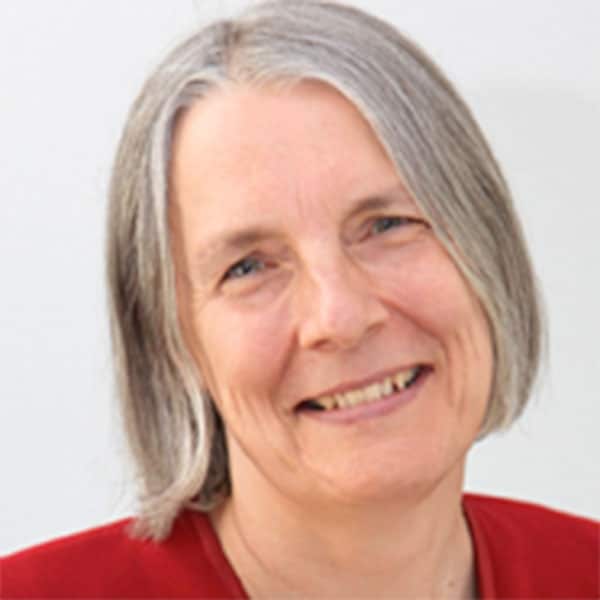
Professor Kathy Griffiths | Director, Centre for Mental Health Research, Australian National University, Australia
Professor Kathy Griffiths is an international pioneer in the development, research evaluation and global implementation of online mental health self-help programs for consumers including the multi-award winning MoodGYM and BluePages as well as e-couch and BlueBoard. Her primary areas of research are in the fields of e-mental health, self-help, stigma, help-seeking, consumer perspectives and depression and anxiety. Professor Griffiths returned to full-time academia in 2001 after a lengthy absence. Author of approximately 170 academic articles, books, reports, chapters, and mental health websites Since 2002 she has been the recipient of 12 awards for research, health services, outreach or internet innovation.
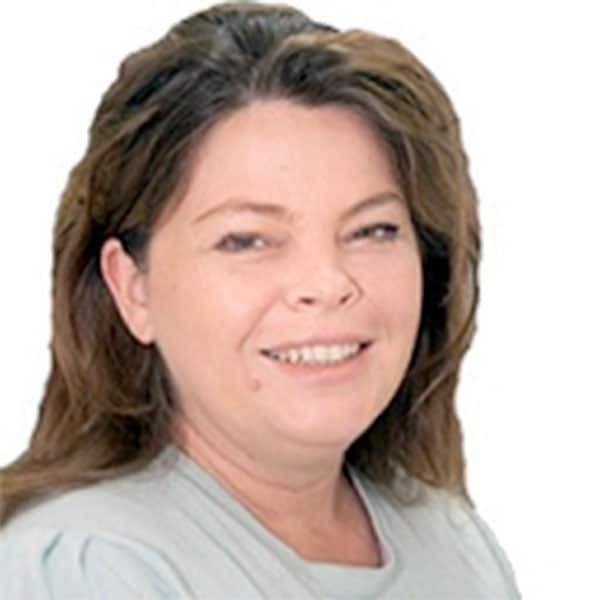
Ms. Kerry Hawkins | Caregiver for her husband with paranoid schizophrenia and Board Member of the Richmond Fellowship Western Australia
Kerry's husband was given a psychiatric diagnosis of 'treatment-resistant chronic paranoid schizophrenia' ten years ago.
They have been married for 19 years, and have three children.
She gave up work in 2010 to care for her husband after his second suicide attempt because of the inability of clinical or community services to keep him alive or provide any effective support for him.
Since giving up paid employment Kerry combined her focus on her husband’s and family’s recovery with working to reform mental health services. She is an alumni of Boston University’s Global Leadership Institute Recovery 2013 class, having trained with mental health leaders from around the world implementing recovery-oriented mental health systems. She works as a Carer Consultant with the Clinical Research Centre, North Metro Health Services, Mental Health, implementing a Family Partnership Project. Her other roles include Board Director, WAAMH, Vice-President Arafmi WA, Director and WA representative, AICAFMHA (Australian Infant, Child and Adolescent Family Mental Health Association). She is also a member of the COPMI national reference group, the National Seclusion and Restraint Family working group, and the WA NDIS My Way reference group.
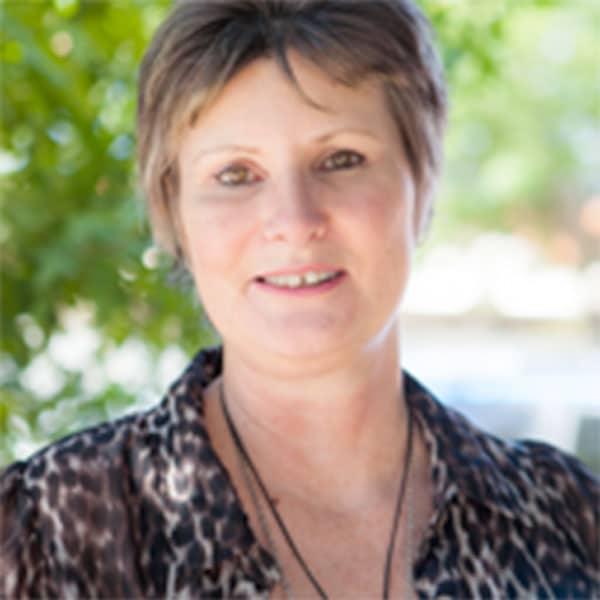
Ms Lyn Mahboub | Strategic Recovery Advisor and Manager, Hearing Voices Network Australia, Richmond Fellowship Western Australia
Lyn brings a unique combination of experience to her work by way of formal academic training in Psychology and Communication & Cultural Studies, a past career in nursing and, both delivery of, and receipt of, mental health & addiction services. Her lived experience encompasses a range of examples including as a parent of two adult children also diagnosed with mental health issues. These experiences provide her with an amalgam of both tacit and professional knowledge about working toward recovery across mental health and substance abuse. Lyn commenced her journey of recovery about 35 years ago and is now an ex-consumer of services. She is currently the Manager of the Training Department and the Hearing Voices Network at Richmond Fellowship WA, and also works part time as a Consumer Academic for WA's Curtin University in Health Science the OT & Social Work Department. Additionally, Lyn is the owner operator of Caelan Consulting, her own training and consultancy business, is currently chairperson of the WA Mental Health Consumer Organisation CoMHWA (Consumers of Mental Health WA) and is part of the executive of EleMental WA's Recovery Network Cafe and Support Group.
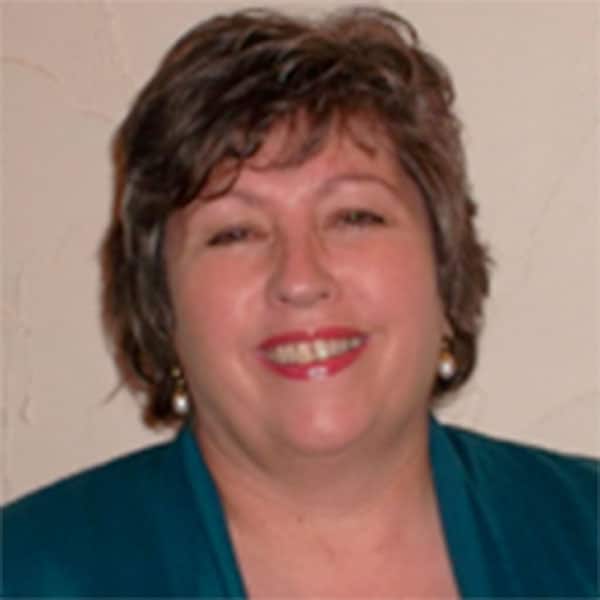
Ms. Margaret Doherty | Mental Health Carer, Co-ordinator of Mental Health Matters 2, a community and advocacy group, Australia
Margaret Doherty is the convenor of Mental Health Matters 2, a community action and advocacy group aimed at mental health reform. Her experience of supporting two family members with co-occurring psychosis and AOD use has contributed to her passion for ensuring that the voices of both the service user and their family are listened to and help inform all steps of the recovery journey.
Margaret has held a number of board and committee positions and is currently a member of the Alcohol and Other Drugs Council of Australia Families and Community Working Group, the WA Mental Health START Court Operational and Steering Committees and co-facilitator of the bi-monthly Families 4 Families WA peer support program. She was also the winner of the Carer Award in the 2011 Mental Health Good Outcomes Awards, finalist in the Individual Excellence Awards in 2011, 2012 and 2013 and 2013 WA Winner of the Pride of Australia Medal (Care and Compassion) category.
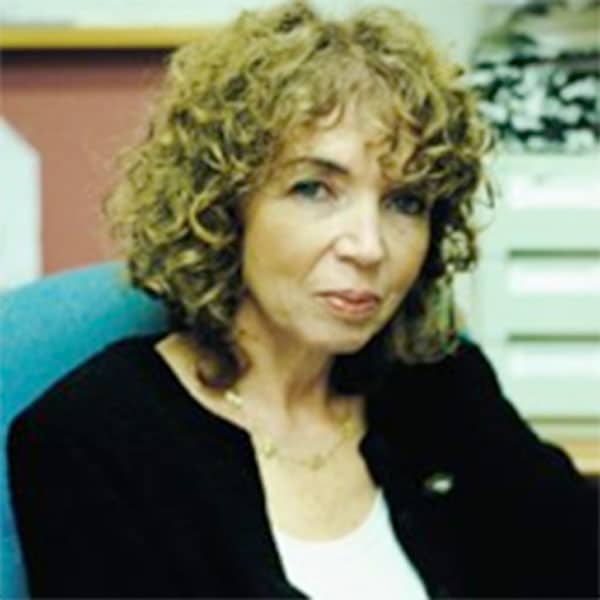
Professor Michal Schwarz | Professor of Neuroimmunology, Department of Neurobiology, The Weizmann Institute of Science, Israel
Professor Schwartz's novel view of the cross-talk between the immune and the nervous systems forms the basis for the development of therapeutic vaccinations for additional acute (e.g., stroke) and chronic neurodegenerative diseases (amyotrophic lateral sclerosis; ALS, Parkinson’s disease, Alzheimer’s disease, glaucoma, and others), for mental disorders (depression and post-traumatic stress disorder; PTSD), and for rejuvenating the immune system as a means of arresting brain senescence and dementia. Her publications are highly cited (H factor 77), and include numerous (270) peer-reviewed articles and invited reviews, many of which appear in the most highly ranked journals Schwartz has received a number of prestigious awards for her research, including the 2002 Friedenwald Award from ARVO (Association for Research in Vision and Ophthalmology), for her outstanding contribution to vision research and ophthalmology. She was appointed by the American Spinal Cord Injury Association to the Distinguished G. Heiner Sell Memorial Lectureship in 2002 for outstanding achievement in the field of spinal cord injury. She was one of the recipients of the NARSAD (The Mental Health Research Association) Distinguished Investigative Award (2007), she received an award as a distinguished investigator from the European Commission (2008), an honorary doctorate from Ben-Gurion University (2009), and the Shaked Brain research award from Bar-Ilan University for her pioneering work (2009). Professor Schwartz has been invited as a keynote lecturer at numerous international meetings, and is an elected member of the International and European Societies for Neuroimmunology.
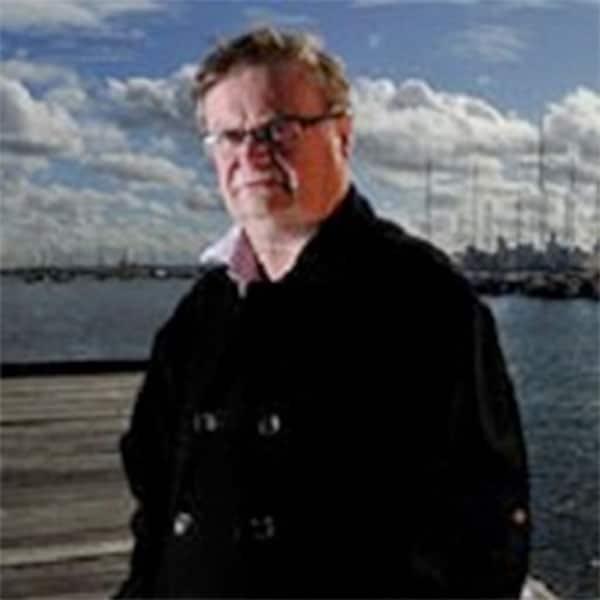
Associate Professor Neil Cole | Victorian Mental Health Institute, Australia, with lived experience of bipolar disorder
Neil graduated from Melbourne University in Law and Arts and worked as a lawyer at the Flemington Community Legal Service. He is a former Member of the Victorian State Parliament which included three years as Shadow Attorney General. He is Associate Professor at the University of Melbourne, based at the Mental Health Research Institute and the Brain And Mind Research Institute in Sydney.
Neil is also a celebrated playwright, having won the Griffith Theatre Award, and in the past has been shortlisted for the Victorian Premier’s Literary Award. He has had eleven plays produced throughout Australia and in 2008 two of his plays were read at the Actors’ Guild Theatre in New York. Exploring an understanding of mental illness derives from Neil’s own mental illness, bipolar mood disorder. He has been a strong advocate for those with mental illness and for the underprivileged in general.

Associate Professor Nick Glozier | Department of Psychiatry and Sleep Medicine, University of Sydney, Australia
Associate Professor Glozier is a practicing Consultant Psychiatrist, and was the first Consultant Occupational Psychiatrist practicing within the NHS in the United Kingdom. In addition, he has advanced clinical qualifications in liaison psychiatry, which is the interface of psychiatric and physical disorders as well as medically unexplained syndromes. He has conducted research, published widely in leading journals and been awarded grants in the areas of mental health disability, particularly work related, discrimination and stigma. Previously, he worked for the World Health Organisation and is an author of the International Classification of Functioning Disability and Health. Professor. Glozier has worked for a number of years in the medicolegal setting, particularly in the areas of work related disability associated with mental ill health.

Dr Norman Sartorius | President of the Association for the Improvement for Mental Health Programs, Geneva, Switzerland, and former Director of the WHO Division of Mental Health
Norman Sartorius trained in psychiatry and neurology and subsequently in psychology , served as the Director of the Division of Mental Health at the World Health Organisation until 1993 and then as the President of the World Psychiatric Association (1993 - 1999 ) and the Association of European Psychiatrists (1997 - 2001 )
Sartorius holds professorial appointments at the Universities of London, New York, Prague, St Louis (USA) and Zagreb. He is also a honorary professor at the Universities of Beijing and Belgrade.
He is a Honorary Fellow of the Royal College of Psychiatrists (UK), of the Australian and New Zealand Royal College of Psychiatry and of the American College of Psychiatry, and a corresponding member of the Academy of Arts and Sciences of Croatia and of the Royal Spanish Academy of Medicine. He is also a honorary member of the academies of medicine of Mexico, Peru and Croatia. And holds honorary doctorates of sciences ( University of Bath, UK) of medicine (Charles University, Prgue; and Umea University, Sweden) and of Psychology (University of Copenhagen).
Professor Sartorius published more than 400 scientific papers, wrote a number of books and edited many others. He is currently the President of the Association for the Improvement of Mental Health Programmes in Geneva, a member of the WHO Expert Advisory Panel on mental health and a member of the Council of the World Psychiatric Association. He speaks Croatian, English, French, German, Russian and Spanish.
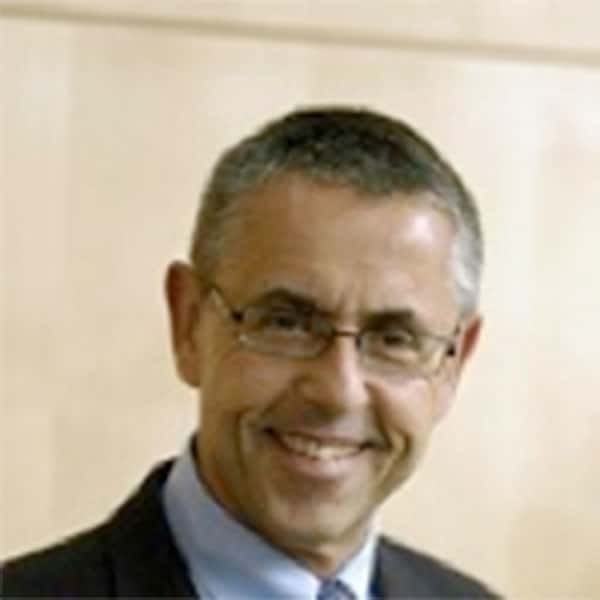
Facilitator: Dr Norman Swan | Host of the Health Report on ABC Radio National, multi-award winning broadcaster and journalist.
Dr Norman Swan is the host of the Health Report, on ABC Radio National, presenter of Health Minutes on ABC NewsRadio and ABC Television's Catalyst, health commentator, speaker and facilitator. In addition, Norman edits his own newsletter, The Choice Health Reader, which is published in partnership with the Australian Consumers Association. He is managing director of GSB Consulting and Communications Pty Ltd. He has been the Australian correspondent for the Journal of the American Medical Association and the British Medical Journal and consulted for the World Health Organisation in Geneva on global priorities in health research, putting evidence into health policy and clinical trial registration. In late 2008, Norman co-facilitated, with Richard Horton (Editor in Chief of The Lancet) a ministerial forum in Bamako, West Africa which aimed to advance the global health research agenda. He facilitated a follow up meeting in Singapore in 2009.
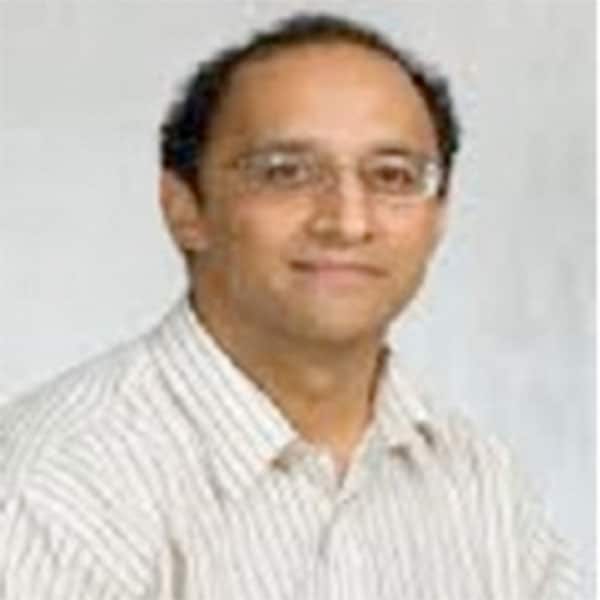
Professor Pankaj Sah | Deputy Director (Research) and Founding Member, Queensland Brain Institute, Australia
Professor Pankaj Sah is renowned for his work in understanding the physiology of excitatory synapses and synaptic plasticity in the amygdala, an area of the brain involved in emotional processing. Previously he was group leader at the John Curtin School of Medical Research at the Australian National University and moved to The University of Queensland as a founding member of QBI in 2003. His laboratory continues to study the amygdala using a combination of molecular tools, electrophysiology, anatomical reconstruction and calcium imaging. More recently his laboratory has begun research work on humans doing electrophysiological recordings in patients undergoing electrode implantation for deep brain stimulation for the treatment of movement disorders in Parkinson’s disease, essential tremor and Tourette’s syndrome. He has published over 90 papers in international peer reviewed journals.
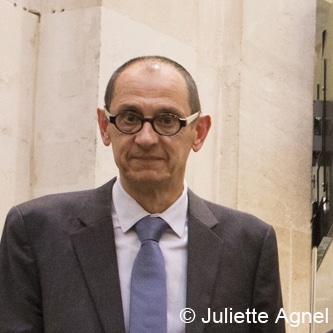
Professor Philippe Fossati | Co-Leader of the Social and Affective Neuroscience Team, and Professor of Psychiatry, ICM, Paris, France
Dr Philippe Fossati is a Professor of Psychiatry and is the head of a mood treatment centre for adults at the Pitié-Salpêtrière Hospital and the University Pierre & Marie Curie, Paris VI, France. He is also a scientist at the ICM (Institut du Cerveau et de la Moelle épinière where he leads, with Nathalie George, a research team devoted to social and affective neuroscience. He is a graduate of the University of Lille II School of Medicine and received his adult psychiatry training at the University of Paris VII. He was a post-doctoral Research Fellow at the Rotman Research Institute, University of Toronto, Canada.
Dr Fossati’s main clinical and research interests include the study of the self, memory and emotion in depressed and healthy individuals, exploring with functional magnetic resonance imaging the neural correlates of emotional and cognitive impairment in depression, the changes in brain activity induced by antidepressant treatment and the neurobiological mechanisms of social cognition and self-awareness. He has authored or co-authored more than 50 original articles and six book chapters. Dr Fossati is also involved in national and European collaborative initiatives on brain imaging and depression, and is an active member of the European Collaborative Network in Brain Imaging in affective disorders under the initiative of the European College of Neuropsychopharmacology.
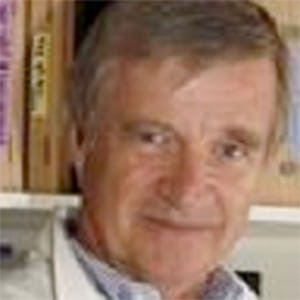
Professor Yves Agid | Former Scientific Director and Co Founder of ICM (Brain and Spine Research Foundation) Paris.
Professor Yves Agid, MD, PhD specialises in neurology and psychiatry, and is an honorary Professor of Neurology at Pitié-Salpêtrière University Hospital, Paris. He has described various neurogenerative disorders and their associated biochemical anatomical features, in particular Parkinson’s disease and Alzheimer’s disease. Professor Agid's research team was the first to show apoptosis in the diseased human brain with electron microscopy. He has also pioneered semiological studies of several movement disorders, such as dystonia, ticks, and obsessive compulsive disorder. Professor Agid is a member of the French Academy of Sciences and Chevalier de la Légion d’Honneur. He has received numerous awards, including American Academy of Neurology, Movement Disorder Society, ISI Thomson Award (most cited French neuroscientist in the last 20 years) and Grand Prix Claude Bernard.
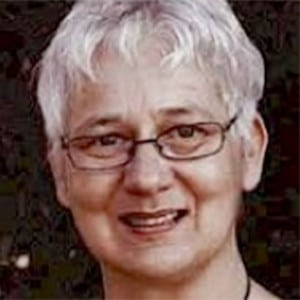
Professor Vera Morgan | Head of the Neuropsychiatric Epidemiology Research Unit, University of Western Australia's School of Psychiatry and Neurosciences
Professor Morgan is a psychiatric epidemiologist with a special interest in schizophrenia and other psychotic disorders. Her expertise includes epidemiological data design, management and analysis, and she has wide experience using record-linked population health and criminological databases. Her professional roles have included: President of the Australasian Society for Psychiatric Research, Vice-President of the Australasian Epidemiological Association and Chair of the Research Committee of the Mental Health Council of Australia.

Mr. Travis King | Young carer and mental health advocate, Australia
Travis King is a mental health advocate who has experienced anxiety and depression for six years. After an immense improvement in health, his career focus has shifted to the mental health field. This year he commenced a Masters in Brain and Mind Sciences this year at the University of Sydney in association with the Brain and Medicine Research Institute. He is also a consumer representative for the Youth Mental Health Unit at St Vincent’s Private Hospital, a youth consultant for YouthBlock and a youth presenter for the Black Dog Institute.
